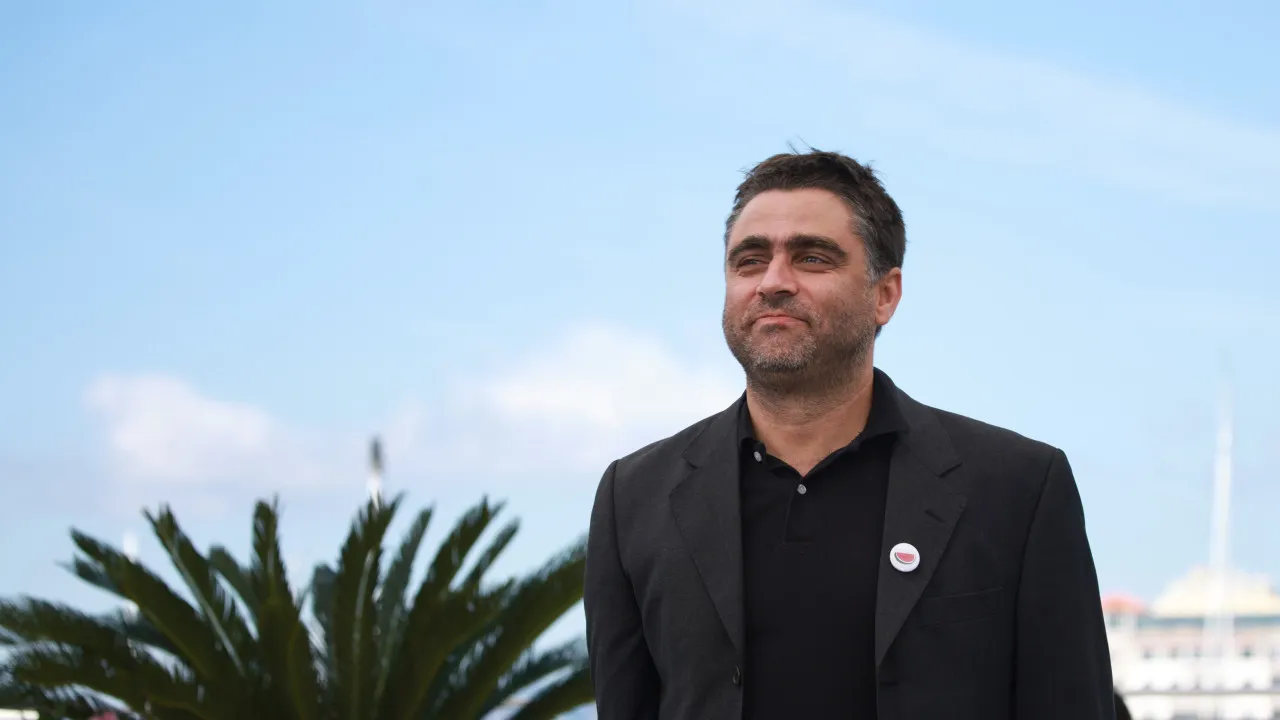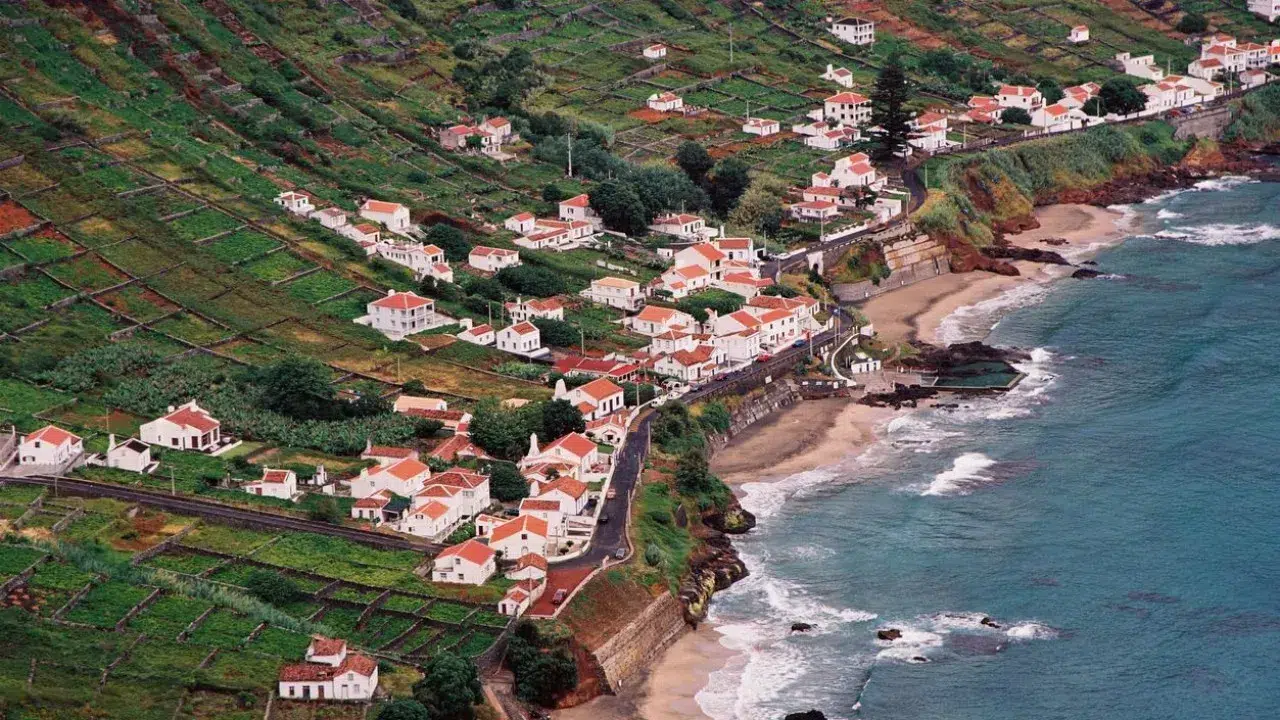
A new dossier authored by historian Francisco Bairrão Ruivo compiles historical documents, press clippings, and films that provide insight into the political and social context of the period. This was highlighted by the commission in a statement.
Maria Inácia Rezola, executive commissioner of the commemorative commission for the 50th anniversary of the April 25 Revolution, described the dossier as “essential for understanding one of the most intense and decisive moments of the Revolution.”
“By revisiting this period with the support of historical research and visual and documentary testimonies, we aim not only to clarify the events but also to promote critical reflection on how we construct the memory of democracy in Portugal,” stated Maria Inácia Rezola in a press release.
The dossier addresses key events from the “decisive summer for the course of the April 25 Revolution,” including the breakdown of the coalition supporting the 4th Provisional Government, political project fragmentation within the Armed Forces Movement (MFA), and the intensification of public demonstrations and actions often marked by violence.
The 50th anniversary commemorative commission also emphasized that the dossier provides “a historical assessment that seeks to position the ‘Hot Summer’ in the chronology and memory of the Carnation Revolution.”
It includes photographs and other historical documents, such as the press conference by three hooded members at the public unveiling of Soldiers United Will Win (SUV), broadcast by RTP, and an infographic detailing the fatalities from far-right violent actions between July and September 1975.
Francisco Bairrão Ruivo notes that the “Hot Summer” refers, in its most extended version, to the period between March 11, 1975 (or the constituent assembly elections of April 25) and November 25 of the same year.
“The acute political confrontation, with persecutions and imprisonments, the revolutionary escalation, the strength of leftist forces, and the risk of civil war underpin the narrative of the ‘Hot Summer’ as a time of chaos and violence, and the alleged but never proven Sovietization of the country and communist dictatorship,” it reads.
Bairrão Ruivo emphasizes that this discourse also attributes the country’s delay and economic issues to socialism, ‘gonçalvism,’ and the ‘Hot Summer.’
“Conversely, the ‘Hot Summer’ is viewed as a time of significant socio-economic advances and improvements in the lives of the poorest populations,” he also notes.
“The importance of Agrarian Reform and its effects on reducing unemployment and seasonal work, generalizing fixed employment, establishing working hours, utilizing uncultivated lands, or returning commons to communities is highlighted,” it reads.
Francisco Bairrão Ruivo also points out that this period’s end could be anticipated to the swearing-in of the 6th Government on September 19, 1975, or the assault on the Spanish embassy on the 27th of the same month.
“The ‘Hot Summer’ would be followed by a scorching autumn marked by episodes like the ‘RASP/CICAP case,’ deaths and injuries in Santarém in the context of Agrarian Reform, the government-ordered destruction of Rádio Renascença transmission antennas, fireworks and smoke at the rally supporting the 6th Government, the siege of the Constituent Assembly, and finally, the events of November 25,” he emphasizes.
The dossier is openly accessible and available at https://50anos25abril.pt/historia/verao-quente-de-1975/.
The 50th-anniversary celebrations of the April 25 Revolution began in March 2022 and will continue until late 2026, with each year focusing on a priority theme.
The year 2025 has been dedicated to the first free elections, a central milestone in the construction of Portuguese democracy.




